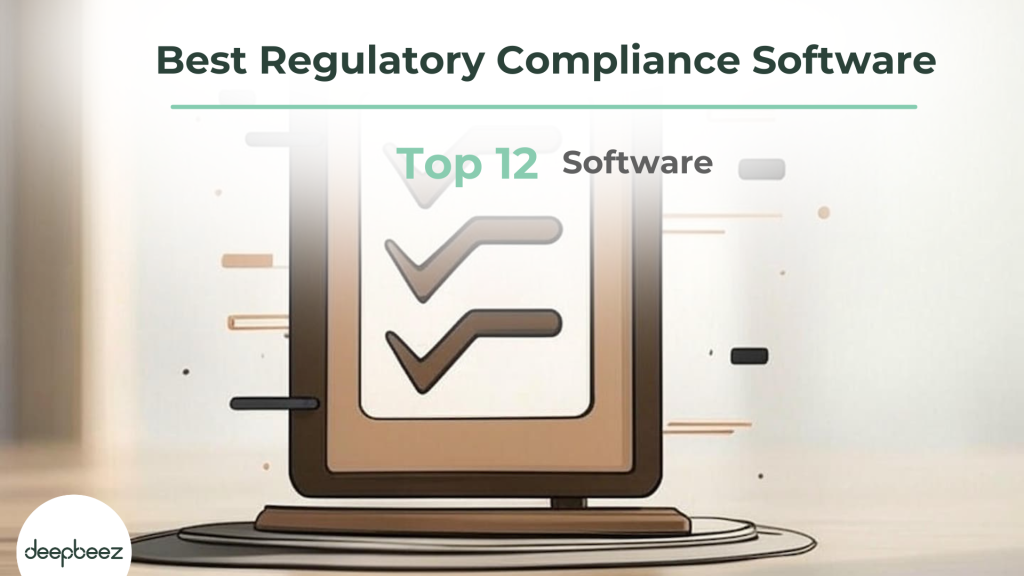Are you drowning in compliance paperwork? Do you wake up in the middle of the night wondering if you’ve missed something crucial that could put your business at risk? You’re not alone. Compliance feels like that demanding friend who never gives you a break, always expecting perfection while offering little guidance on how to achieve it. Some of the best regulatory compliance software are: Deepbeez, Sprinto, AuditBoard, Netwrix, LogicGate, HSI Donesafe, Secureframe, Apptega, Complinity, MetricStream, Centraleyes and Diligent.
Regulatory compliance often feels like trying to fix a leaky boat with duct tape while navigating through a storm. You’re patching holes as they appear, hoping you’ve covered everything before the next wave hits. But what if there was a better way? For example, it’s important to calculate all taxes and duties correctly when importing or exporting products.
